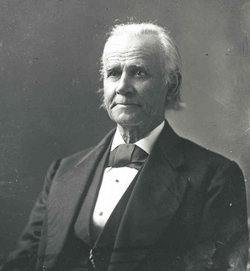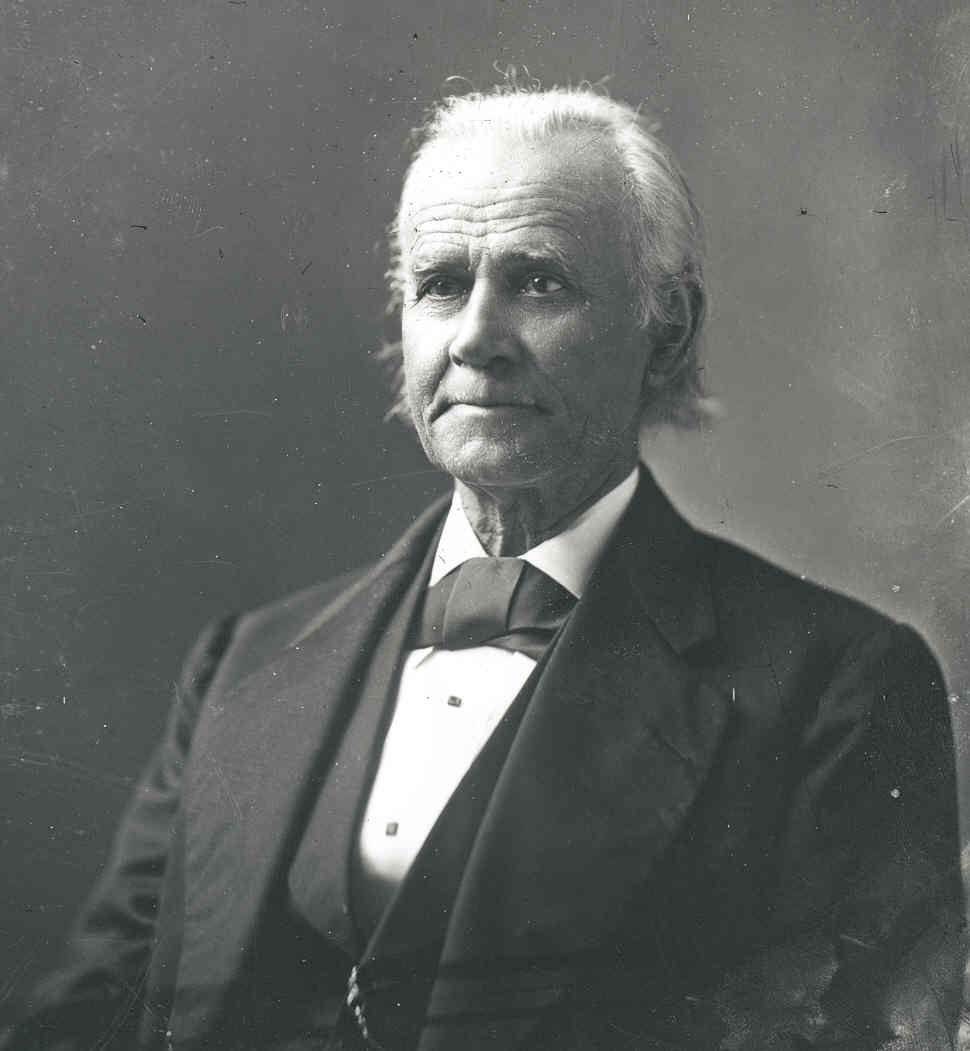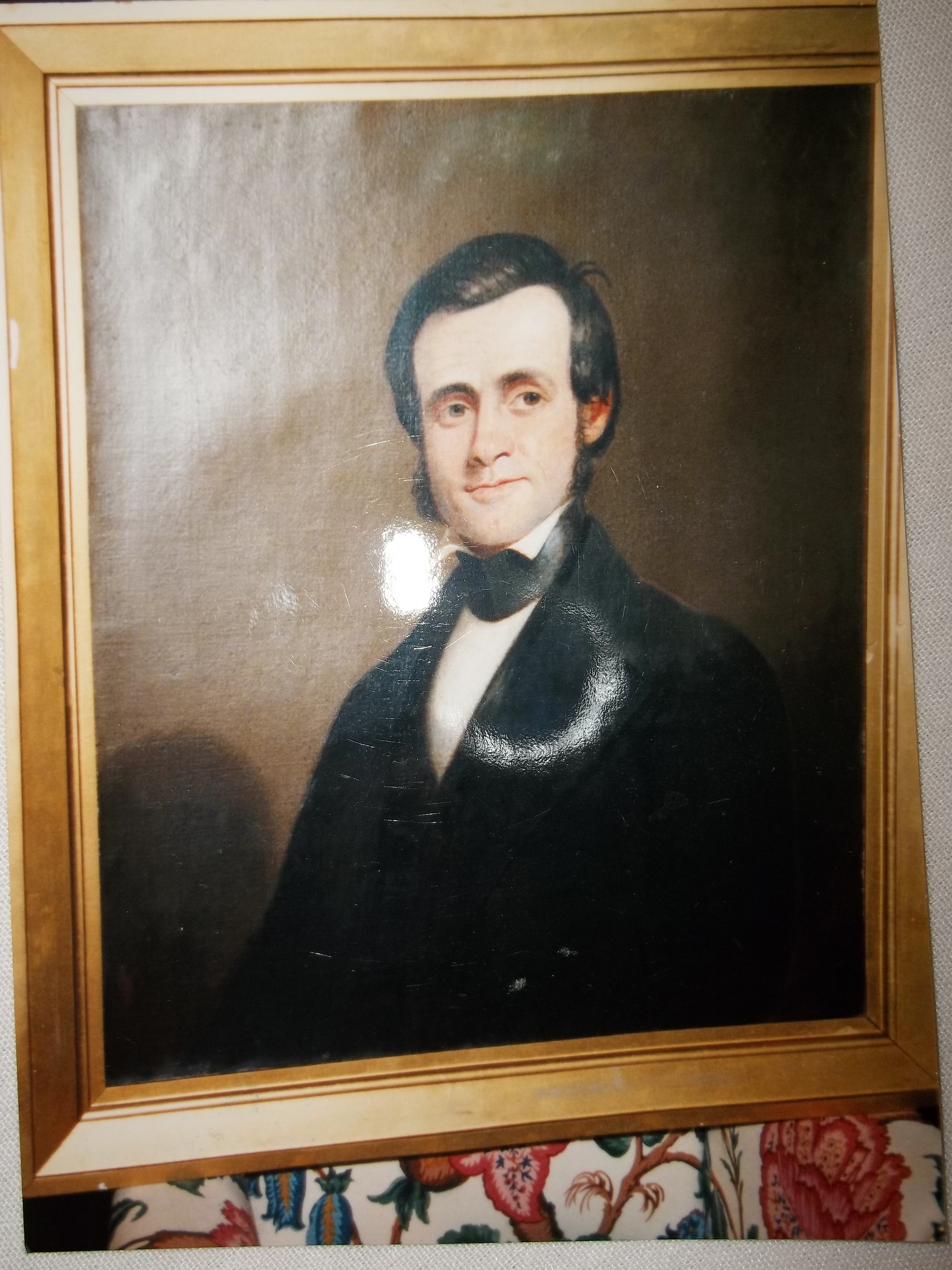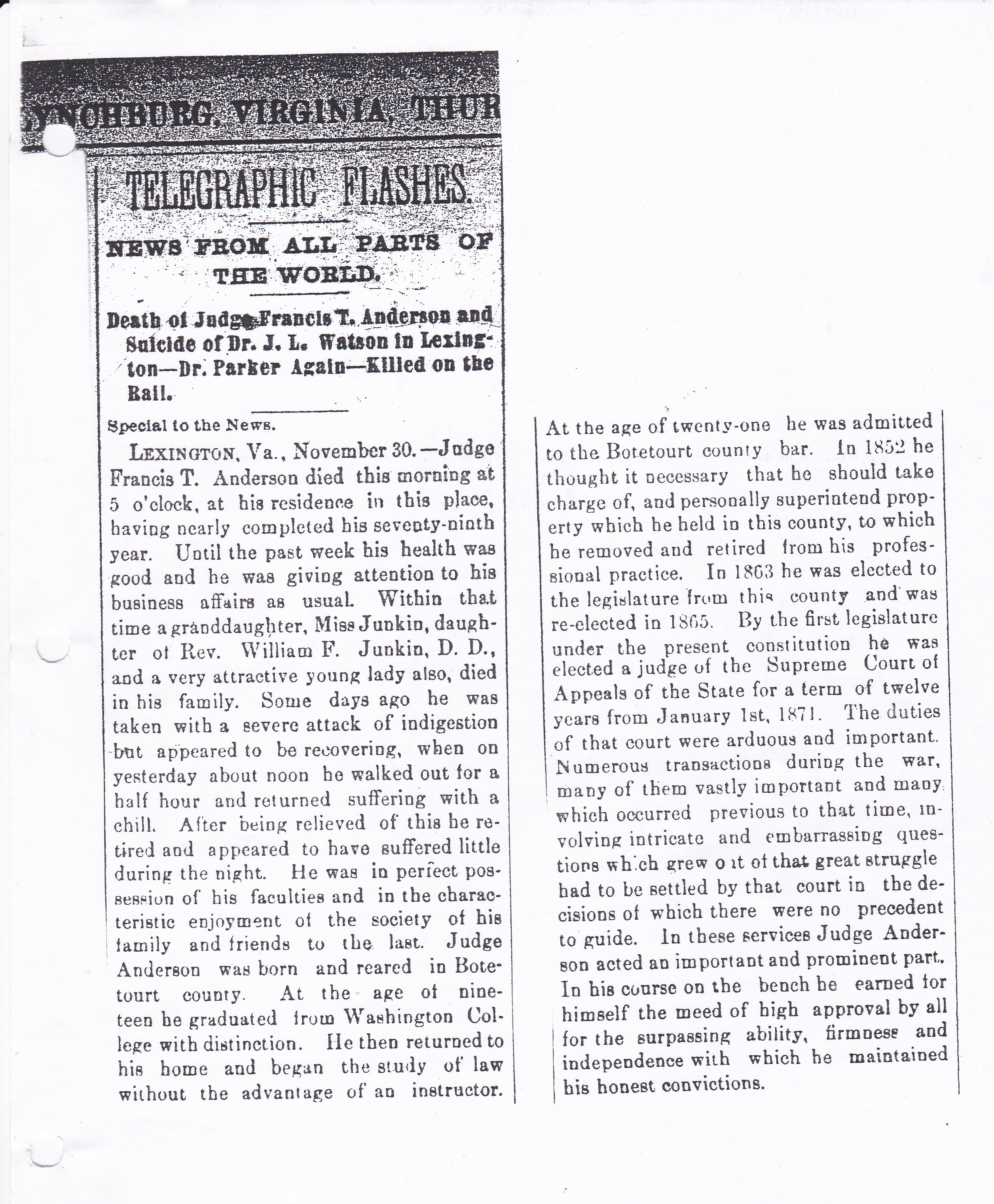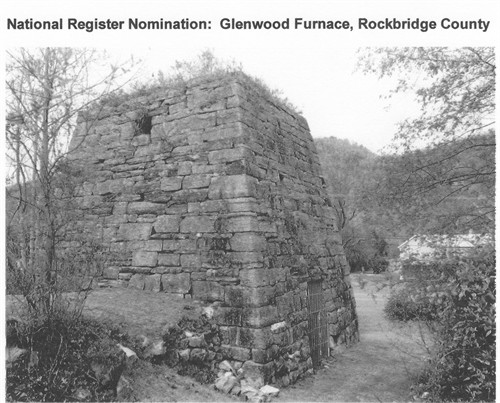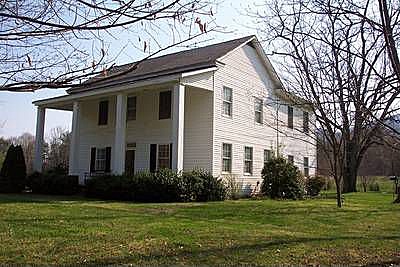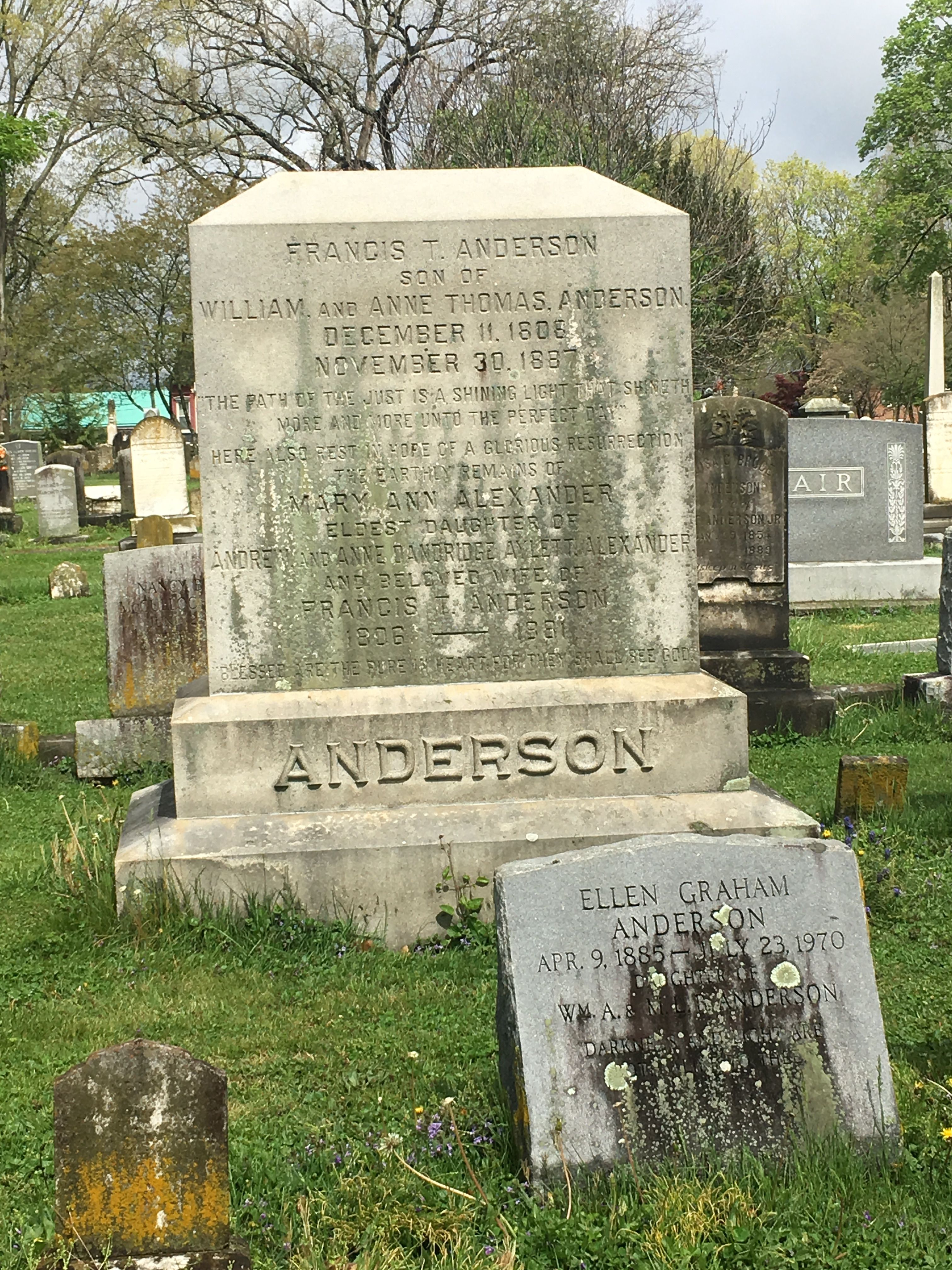Lexington, Va, November 30.-Judge Francis T Anderson died this morning at 5 o'clock, at his residence in this place, having nearly completed his seventy-ninth year. Until the past week his health was good and he was giving attention to his business affairs as usual. Within that time a grandaughter, Miss Junkin, daughter of Rev. William F. Junkin D. D., and a very attractive young lady also, died in his family. Some days ago he was taken with a severe attack of indigestion but appeared to be recovering, when on yesterday about noon he walked out for a half hour and returned suffering with a chill. After being relieved of this he retired and appeared to have suffered little during the night. He was in perfect possession of his faculties and in the characteristic enjoyment of the society of his family and friends to the last. Judge Anderson was born and reared in Botetourt County. At the age of nineteen he graduated from Washington College with distinction. He then returned to his home and began the study of law without the advantage of an instructor.
At the age of twenty-one he was admitted to the Botetourt County Bar. In 1852 he thought it necessary that he should take charge of, and personally superintend property which he held in this county, to which he removed and retired from his professional practice. In 1863 he was elected to the legislature from this county and re-elected in 1865. By the first legislature under the present constitution he was elected a judge of the Supreme Court of Appeals of the State for a term of twelve years from January 1st, 1871. The duties of the court were arduous and important. Numerous transactions during the war, many of them vastly important and many which occurred previous to that time, involving intricate and embarrassing questions which grew out of that great struggle had to be settled by that court in the decisions of which there were no precedent to guide. In these services Judge Anderson acted an important and prominent part. In his course on the bench he earned for himself the need of high approval by all for the surpassing ability, firmness and independence with which he maintained his honest convictions.
Lexington, Va, November 30.-Judge Francis T Anderson died this morning at 5 o'clock, at his residence in this place, having nearly completed his seventy-ninth year. Until the past week his health was good and he was giving attention to his business affairs as usual. Within that time a grandaughter, Miss Junkin, daughter of Rev. William F. Junkin D. D., and a very attractive young lady also, died in his family. Some days ago he was taken with a severe attack of indigestion but appeared to be recovering, when on yesterday about noon he walked out for a half hour and returned suffering with a chill. After being relieved of this he retired and appeared to have suffered little during the night. He was in perfect possession of his faculties and in the characteristic enjoyment of the society of his family and friends to the last. Judge Anderson was born and reared in Botetourt County. At the age of nineteen he graduated from Washington College with distinction. He then returned to his home and began the study of law without the advantage of an instructor.
At the age of twenty-one he was admitted to the Botetourt County Bar. In 1852 he thought it necessary that he should take charge of, and personally superintend property which he held in this county, to which he removed and retired from his professional practice. In 1863 he was elected to the legislature from this county and re-elected in 1865. By the first legislature under the present constitution he was elected a judge of the Supreme Court of Appeals of the State for a term of twelve years from January 1st, 1871. The duties of the court were arduous and important. Numerous transactions during the war, many of them vastly important and many which occurred previous to that time, involving intricate and embarrassing questions which grew out of that great struggle had to be settled by that court in the decisions of which there were no precedent to guide. In these services Judge Anderson acted an important and prominent part. In his course on the bench he earned for himself the need of high approval by all for the surpassing ability, firmness and independence with which he maintained his honest convictions.
Family Members
-
Catherine Thomas Anderson Glasgow
1797–1876
-
![]()
Margaretta Anderson Gordon
1799–1819
-
Grace Thomas Anderson
1800–1836
-
Robert Anderson
1802–1803
-
![]()
COL John Thomas Anderson Sr
1804–1879
-
![]()
Dr William Neely Anderson
1806–1868
-
Mary Crabb Anderson Jones
1811–1836
-
![]()
Joseph Reid Anderson
1813–1892
-
Elijah Anderson
1814–1815
-
![]()
Anna Aylett Anderson Junkin
1833–1911
-
![]()
Mary Evelyn Anderson Bruce
1835–1916
-
![]()
Frances Margaret "Fanny" Anderson
1836–1925
-
![]()
Josephine Ried Anderson Poindexter
1838–1912
-
Katherine Anderson
1840–1840
-
![]()
1SGT William Alexander Anderson
1842–1930
-
Theodore Anderson
1844–1844
-
![]()
Isabelle Graham "Belle" Anderson Bruce
1847–1927
-
Francis Thomas Anderson Jr
1848–1893
